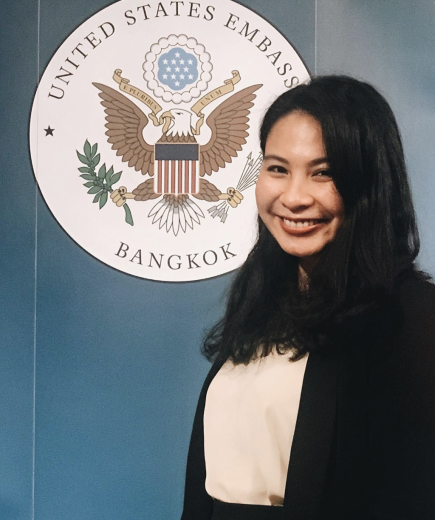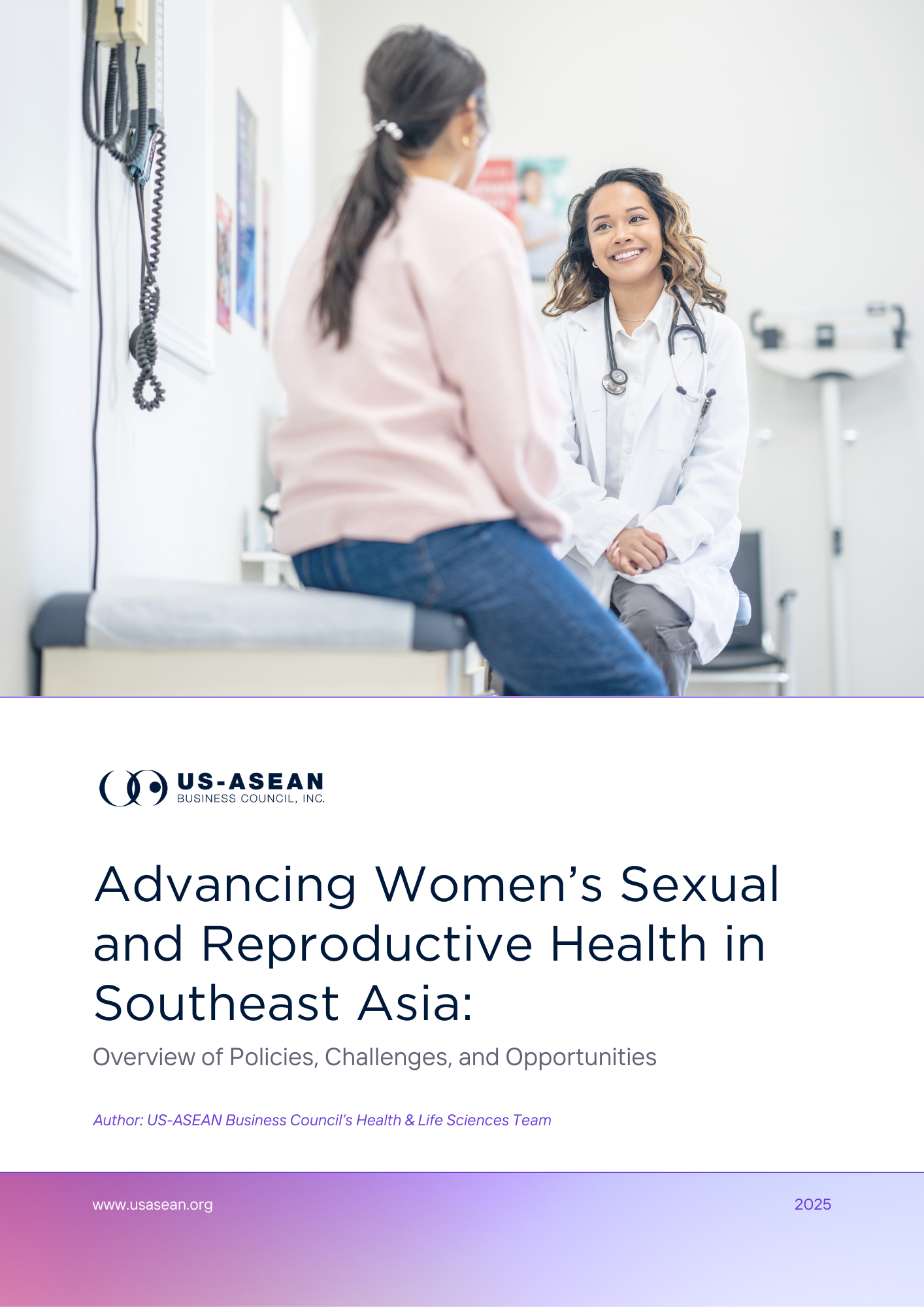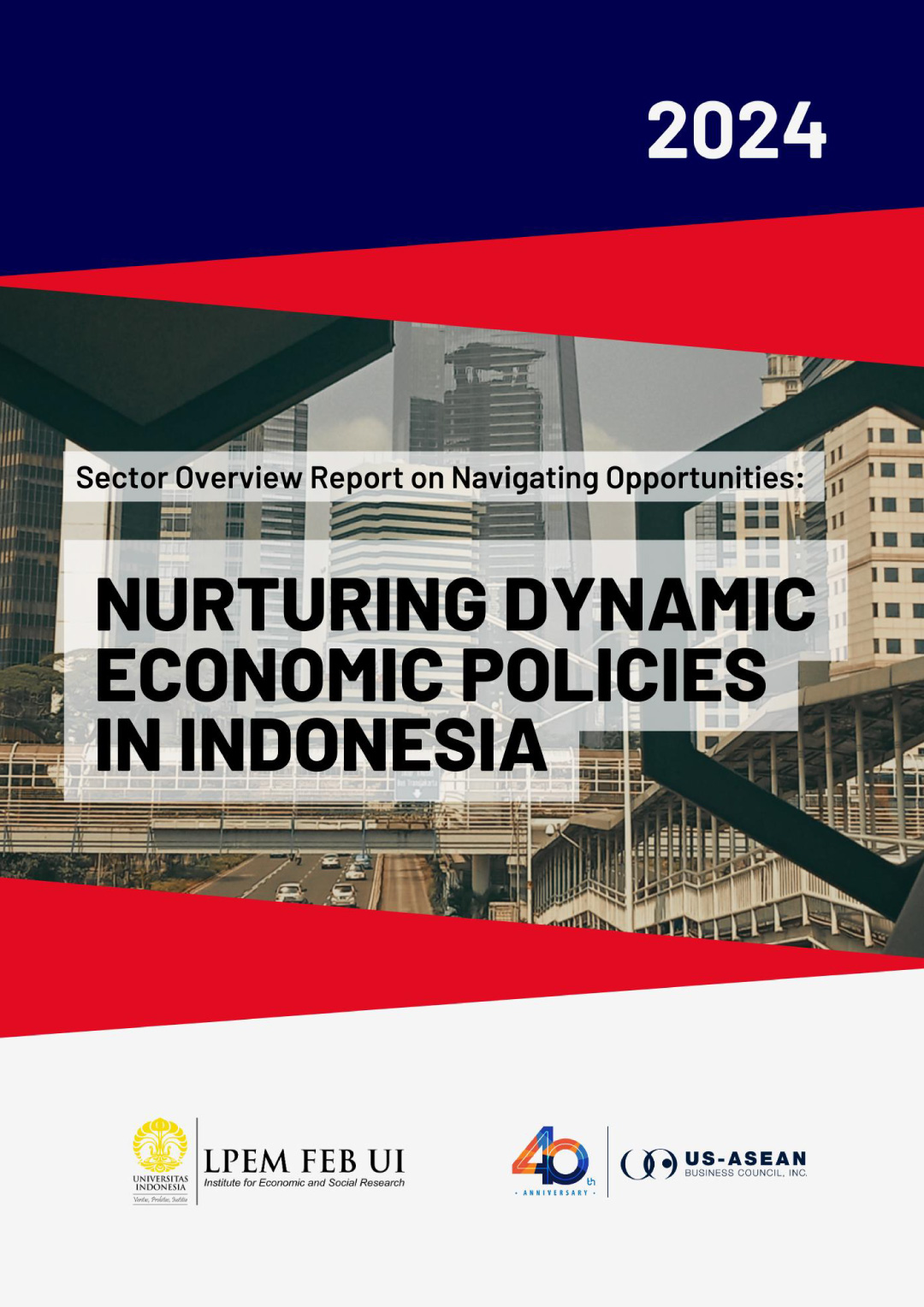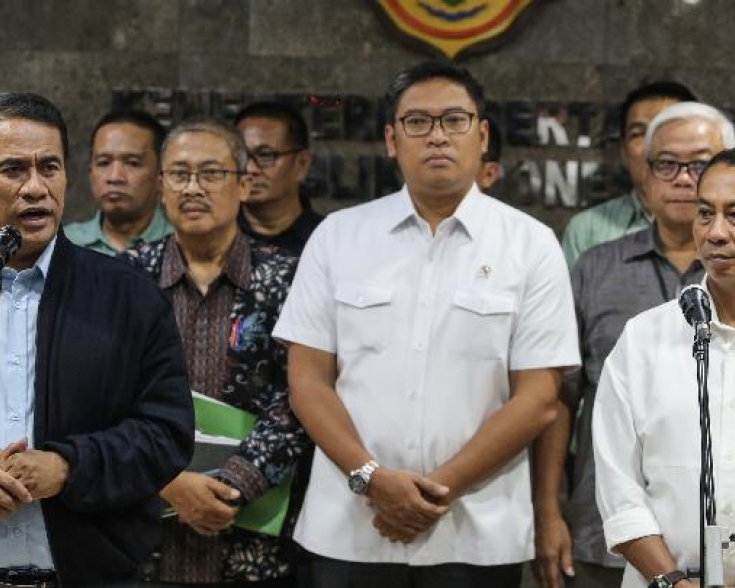Lao’s New Laws to Improve Public Health
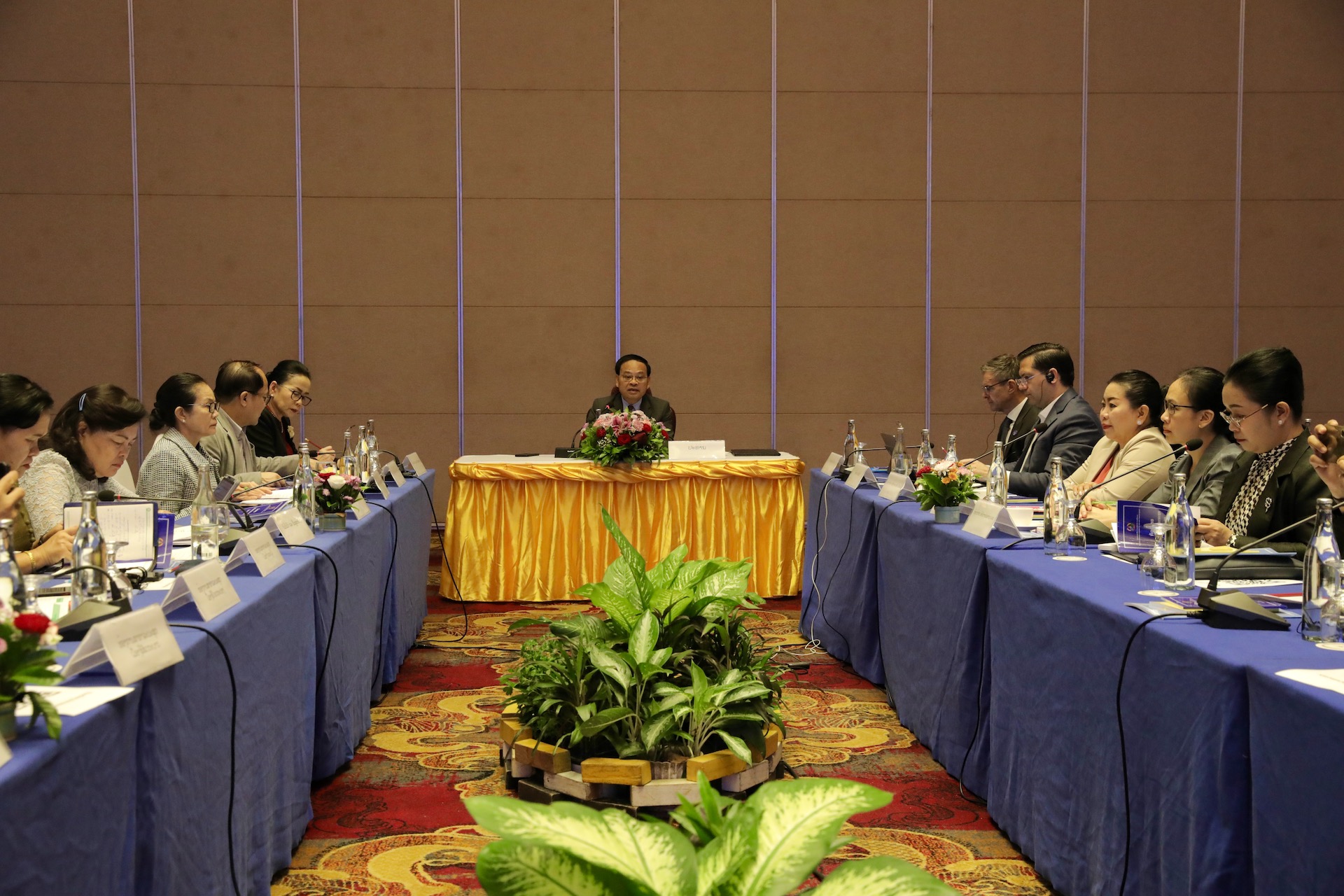
The Lao government has made significant strides toward strengthening its public health system through the introduction of key health laws. These include the "Law on Health," the "Law on Primary Health Care," and an updated version of the "Law on Health Care". In 2023, Laos passed the "Law on Health," which allocates at least 9% of the national budget to the health sector. Additionally, the “Law on Primary Health Care,” passed in November 2023, empowers communities to engage in healthcare delivery, with a particular focus on integrating multisectoral governance for better healthcare access, especially in rural areas. The law creates a Primary Health Care Committee, chaired by the Deputy Prime Minister, to oversee and coordinate efforts across ministries. Another significant revision, the “Law on Health Care,” focuses on regulating the growing private healthcare sector, enhancing the quality and safety of healthcare services, and setting licensing requirements for private hospitals, clinics, and healthcare professionals.
While these laws were passed in 2023, their formal implementation is gaining traction recently as the government rolls out their provisions. The creation of the Primary Health Care law was supported by USAID’s partnership with UNICEF. Additionally, U.S. funding to WHO facilitated the installation of oxygen piping at Savannakhet Hospital and the digitization of vaccination tracking systems. Dr. Snong Thongsna, Vice Minister of Health, highlighted the significance of these reforms, stating, "These laws represent a significant step forward in our efforts to provide quality healthcare to all Lao citizens." With backing from international partners like WHO, UNICEF, and the U.S. Centers for Disease Control and Prevention, Laos is working to expand healthcare access, reduce disparities, and achieve universal health coverage. Experts have noted that boosting social protection demands more than policy changes; it requires strategic investments and innovative solutions to tackle existing gaps. With current funding for social protection and healthcare in Laos lagging behind regional peers, expanding financial resources is crucial to ensure universal access, especially in rural areas.


